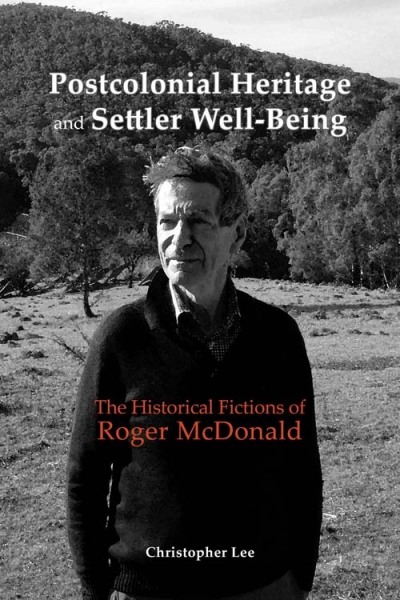Christopher Lee
Postcolonial Heritage and Settler Well-Being: The historical fictions of Roger Mcdonald by Christopher Lee
by Robin Gerster •
Frank Hardy and the Literature of Commitment edited by Paul Adams and Christopher Lee
by Christopher Hawkes •
Authority and Influence: Australian literary criticism, 1950–2000 edited by Delys Bird, Robert Dixon and Christopher Lee
by Vivian Smith •




